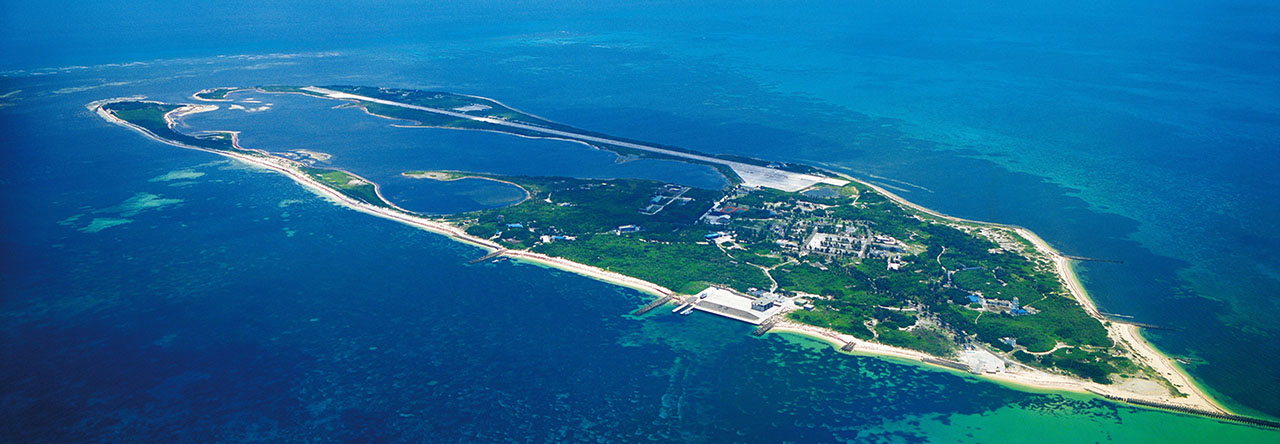Taiwan, or the Coast Guard of the Republic of China (ROC) on Taiwan, occupies Itu Aba (Taiping) Island and regularly patrols the nearby Zhongzhou Reef. Both of these features are located along the northern edge of the Tizard Bank in the Spratly Islands. After first occupying Itu Aba (Taiping) Island temporarily beginning on December 12, 1946, the ROC has maintained a continuous presence there since July 1956.
Category: Knowledgebase (Page 1 of 2)
The Award in the Philippines v. China arbitration case may have several major implications for the United States’ role in the region.
From President Tsai Ing-wen’s inauguration on May 20, 2016, to the issuance of the Award on July 12, 2016, there was sufficient evidence to believe that the new administration was keeping its options open in terms of potentially accepting, perhaps implicitly, some or all of the Tribunal’s conclusions.
Part XII of the United Nations Convention on the Law of the Sea (UNCLOS) codifies States’ “obligation to protect and preserve the marine environment.” In the Philippines’ arbitration case against China, its submissions addressed and sought the Tribunal’s conclusions on several relevant environmental issues. In the final Award, the protection of the marine environment was taken into consideration, and there are two major potential implications of the Award for environmental issues. These relate to (1) the preservation of the marine environment and (2) environmental cooperation between countries.
International trade and shipping depend on the security of sea lines of communication (SLOCs). Key global shipping routes pass through the South China Sea, so the Award in the Philippines v. China arbitration case could have both positive and negative implications for the security of these waterways.
The Uppsala Conflict Data Program, which provides the ‘gold standard’ definition of ‘war’ for research purposes, defines ‘war’ as armed conflict resulting in at least 1,000 battle-related deaths in a calendar year. The threshold for ‘armed conflict’ is 25 battle-related deaths in a calendar year.
Besides the seven South China Sea claimants, there are many other countries and actors that have attempted to establish themselves as key players or otherwise expressed their interests in the South China Sea disputes. Thus far, the most vocal of these major stakeholders are Australia, India, Japan, Russia, and the United States, as well as the Association of Southeast Asian Nations (ASEAN) and its affiliated organizations.
Although the Award clarifies littoral states’ rights and entitlements under UNCLOS regarding fishing and the exploitation of living resources in certain areas of the South China Sea, there remains controversy as China and Taiwan have indicated that the Award has no legal effect on their rights, entitlements, and activities in the maritime area. This disagreement and lack of resolution of the issue raises the possibility of three scenarios – two positive and one negative – emerging.








